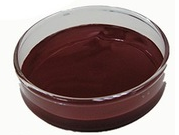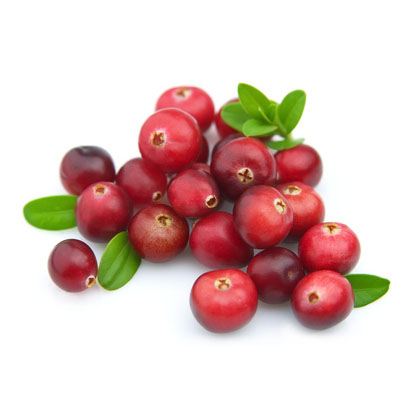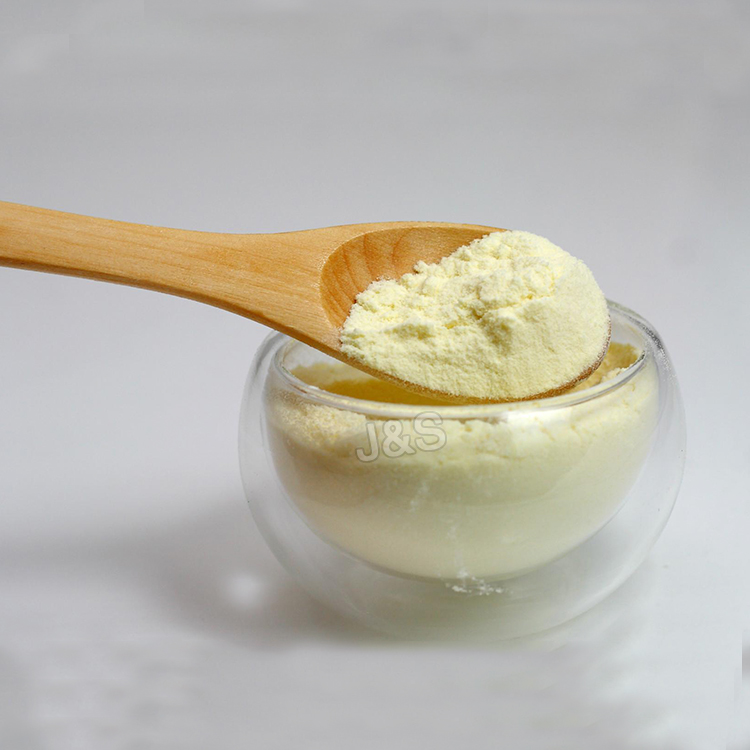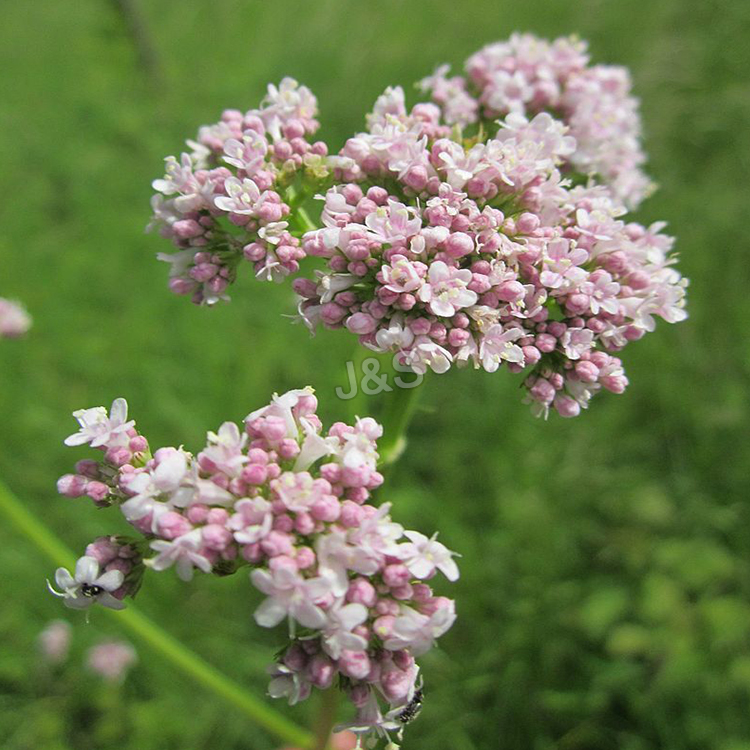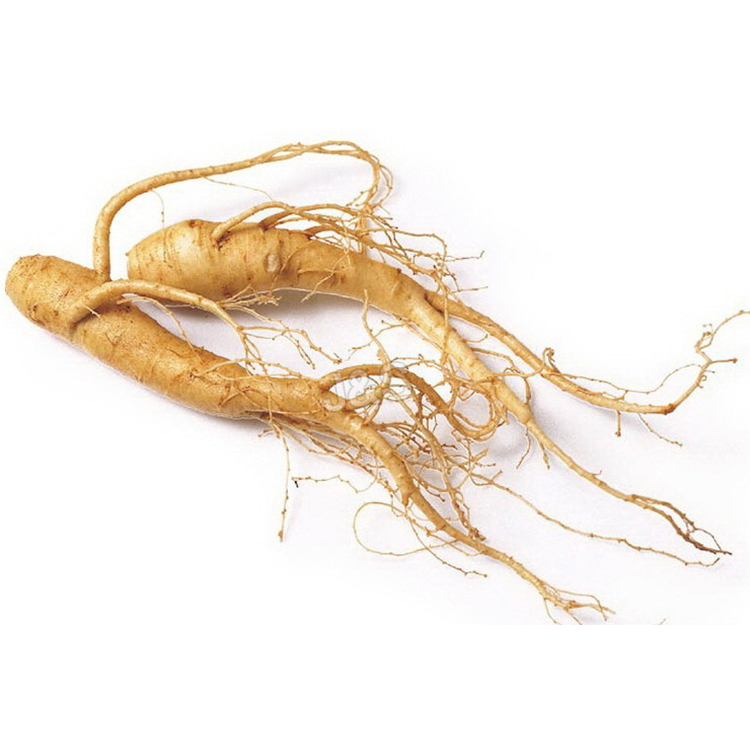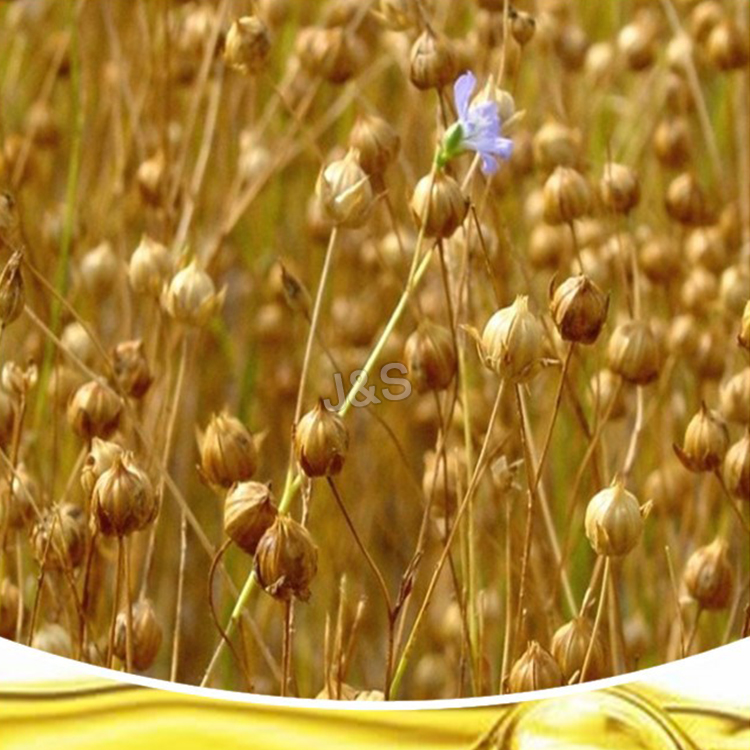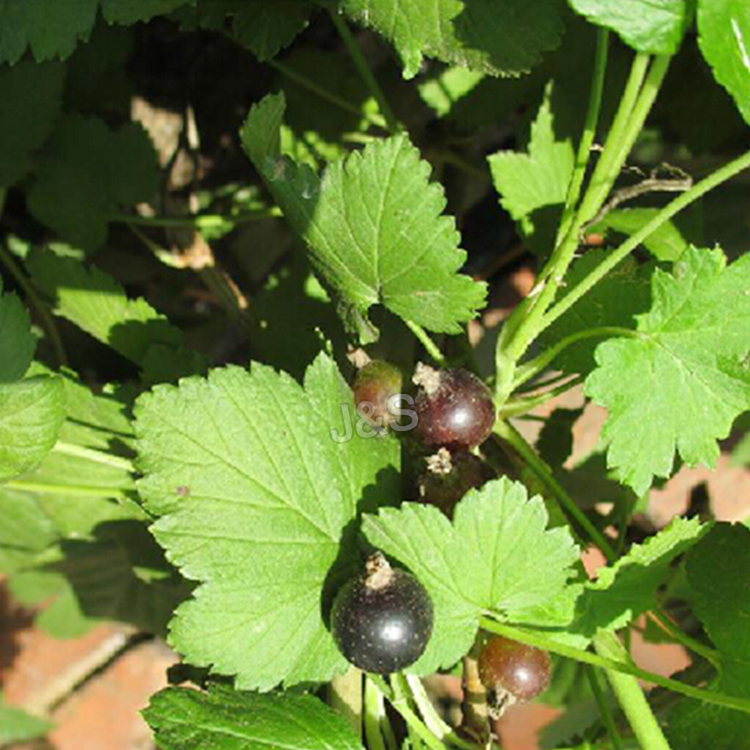Fast delivery for Astaxanthin Manufacturer in Burundi
Fast delivery for Astaxanthin Manufacturer in Burundi Detail:
[Latin Name] Haematococcus Pluvialis
[Plant Source] from China
[Specifications]1% 2% 3% 5%
[Appearance] Dark red Powder
[Particle size] 80 Mesh
[Loss on drying] ≤5.0%
[Heavy Metal] ≤10PPM
[Storage] Store in cool & dry area, keep away from the direct light and heat.
[Shelf life] 24 Months
[Package] Packed in paper-drums and two plastic-bags inside.
[Net weight] 25kgs/drum
Brief Introduction
Astaxanthin is a natural nutritional component, it can be found as a food supplement. The supplement is intended for human, animal, and aquaculture consumption.
Astaxanthin is a carotenoid. It belongs to a larger class of phytochemicals known as terpenes, which are built from five carbon precursors; isopentenyl diphosphate and dimethylallyl diphosphate . Astaxanthin is classified as a xanthophyll (originally derived from a word meaning “yellow leaves” since yellow plant leaf pigments were the first recognized of the xanthophyll family of carotenoids), but currently employed to describe carotenoid compounds that have oxygen-containing moities, hydroxyl or ketone , such as zeaxanthin and canthaxanthin. Indeed, astaxanthin is a metabolite of zeaxanthin and/or canthaxanthin, containing both hydroxyl and ketone functional groups. Like many carotenoids, astaxanthin is a colorful, lipid-soluble pigment. This colour is due to the extended chain of conjugated (alternating double and single) double bonds at the centre of the compound. This chain of conjugated double bonds is also responsible for the antioxidant function of astaxanthin (as well as other carotenoids) as it results in a region of decentralized electrons that can be donated to reduce a reactive oxidizing molecule.
Function:
1.Astaxanthin is a powerful antioxidant and may protect against oxidative damage to body tissues.
2.Astaxanthin can improve the immune response by increasing the number of antibody producing cells.
3.Astaxanthin is a potential candidate to treat neurodegenerative disease such as Alzhimer and Parkinson diease.
4.Astaxanthin dan reduce UVA-light damage to skin such as sunburn, inflammation, ageing and skin cancer.
Application
1.When applied in pharmaceutical field, astaxanthin powder has the good function of antineoplastic;
2.When applied in health food field, astaxanthin powder is used as food additives for pigment and health care;
3.When applied in cosmetic field, astaxanthin powder has the good function of antioxidant and anti-aging;
4.When applied in animal feeds field, astaxanthin powder is used as animal feed additive to impart coloration, including farm-raised salmon and egg yolks.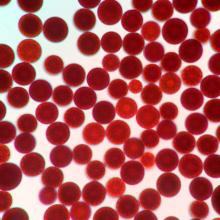
Product detail pictures:
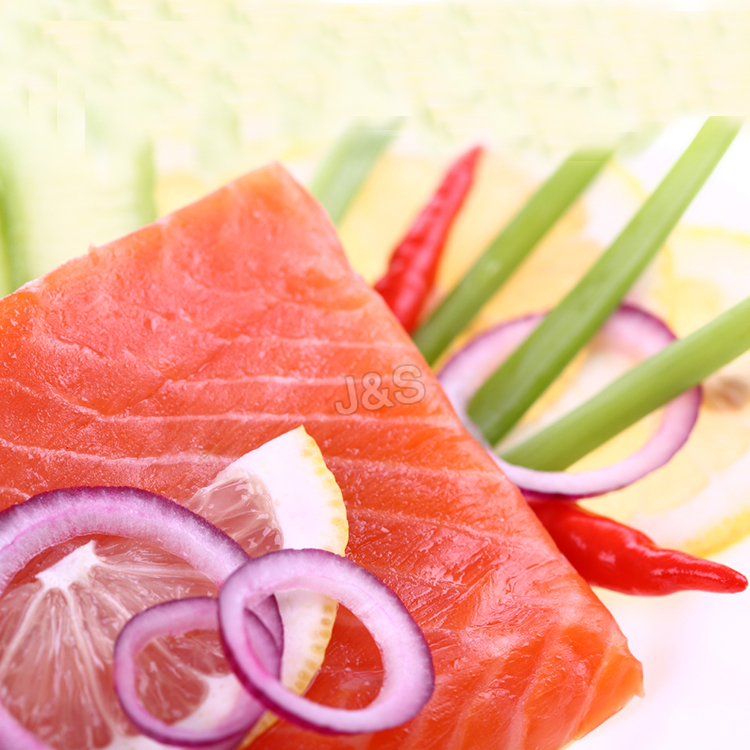
Related Product Guide:
Fast delivery for Astaxanthin Manufacturer in Burundi , The product will supply to all over the world, such as: , , ,
All the Good Stuff for a Quick instant smoothie with dried ingredients. Bananna, Mango, Pumpkin Seed, Sprouted Flax, Chia, Astragalus, Goji Berry Powder, Greens Powder (OM), Raw Cacoa Powder, Ashwaganda Powder, Maca Powder (Raw), Maple Syrup, Blueberry. Any combinations of these ingredients kicks ass.
11 Amazing Benefits of Beets
The health benefits of beets include the treatment of anemia, indigestion, constipation, piles, kidney disorders, dandruff, gall bladder disorders, cancer, and heart disease. It also helps to prevent macular degeneration, improve blood circulation, aid in skin care, prevent cataracts and mediate respiratory problems. These health benefits of beet roots can be attributed to their richness in nutrients, vitamins and minerals.
Beets or beetroots, as they are often called, belong to the Chenopodiaceous family. Their history stretches back to ancient times, and the earliest signs of their cultivation was approximately 4,000 years ago in the Mediterranean region. From there, they were probably transported to Babylon, and by the 9th century AD, they had made their way into Chinese culture and cuisine. They have long been associated with sexuality and have been used as an aphrodisiac for thousands of years.
Beetroot is frequently added as an ingredient to salads, soups and pickles and is also used as a natural coloring agent. Even though beets are available throughout the year, they are still considered seasonal vegetables. Besides their use as an actual food item, beets are valuable as a source of sucrose, which makes them a viable replacement for tropical sugar cane. They are still frequently used to make refined sugar.
Nutritional Value of Beets
Beets have such a wide range of health benefits because of their nutritional content, including vitamins, minerals, and organic compounds like carotenoids, lutein/zeaxanthin, glycine, betaine, dietary fiber, vitamin C, magnesium, iron, copper and phosphorus, while also being a source of beneficial flavonoids called anthocyanins. They are very low in calories, with no cholesterol, but they do have the highest sugar content of all vegetables.
Health Benefits of Beet
The roots and leaves of beets have plenty of medicinal uses which include the following:
Good for Heart Health: Beet fiber helps to reduce cholesterol and triglycerides by increasing the level of HDL cholesterol (“good” cholesterol). Having a high level of triglycerides increases the risk for heart related problems, so increased HDL is a good line of defense against that. The presence of the nutrient betaine lowers the levels of homocysteine in the body which can also be harmful to the blood vessels. Thus, consumption of beetroot helps to prevent cardiovascular diseases in multiple ways, so conditions like ahterosclerosis, heart attacks, and strokes are less likely to develop. The fiber in beets also works to strip excess LDL cholesterol from the walls and help to eliminate it from the body quickly.
beetrootReduces Birth Defects: Beets are good for pregnant women since they are a source of B vitamin folate which helps in the development of infant’s spinal column. Deficiency of folate could lead to a variety of conditions called neural tube defects.
Prevent Certain Cancers: Studies have revealed that beets are good at preventing skin, lung, and colon cancer, since they contain the pigment betacyaninis, which counteracts cancerous cell growth. Nitrates used in meats as preservatives can stimulate the production of nitrosamine compounds in the body which can also result in cancer. Studies have now shown that beet juice inhibits the cell mutations caused by these compounds. Researchers in Hungary have also discovered that beet juice and its powdered form slows down tumor development. Adding a healthy weekly amount of beets to your diet can keep your body cancer-free for a very long time.
Good for Liver Health: Betaines contained in beet juice stimulate the functions of the liver
Prevents Respiratory Problems: Beetroot is a source of vitamin C that helps to prevent asthma symptoms. The natural beta carotene in beetroot also helps to prevent lungs cancer. Vitamin C is also a powerful antioxidant that boosts the immune system in a number of ways. Besides acting as an antioxidant itself and defending against the effects of free radicals in the body, vitamin C also stimulates the activity of white blood cells, which is the body’s main line of defense against foreign bodies, as well as viral, bacterial, fungal, and protozoan toxins that can result in a multitude of infections and illnesses. Vitamin C’s range goes from fighting the sniffles to reducing the chances of cancer, and beets has plenty of vitamin C!
Prevents Cataracts: The presence of beta-carotene, which is a form of vitamin A, helps to prevent age-related blindness called cataracts as well as a reduction in macular degeneration that commonly occurs as we get older. Vitamin A is considered a powerful antioxidant substance that is involved in many essential activities in the body.
Capillary Fragility: The flavonoids and vitamin-C in beets help to support the structure of capillaries.
 By from -
By from -
 By from -
By from -

